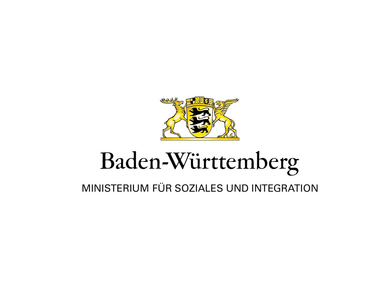Support for relief
Innovative education and support concepts for people with complex care needs in outpatient care
The majority of people in need of care (around 2.65 million people) are cared for at home by family caregivers. The stresses to which family caregivers are exposed are very diverse. Around a quarter of caregiving households, for example, state that they feel very stressed both mentally and in terms of time, while other family caregivers state that they suffer from a lack of sleep in particular and are barely able to maintain social contacts. In addition, one in five family caregivers stated that they suffered from existential fears and fears for the future. In combination with the already high physical and psychological strain, it is not surprising that a not inconsiderable proportion of family carers are unable to cope with this situation in the long term. Living and care situations with high care needs are particularly stressful. These complex care needs include caring for people with dementia, apoplexy, Parkinson's disease or people who are ventilated at home.
The aim of the project is therefore to use a participatory approach to develop and evaluate innovative digital and target group-specific concepts for education and support options for complex care situations in outpatient care. This is to be implemented by integrating knowledge elements into a low-threshold homepage with an e-learning/blended learning platform, which is to be supported by existing personal advisory and educational elements. The target group is primarily family caregivers, whereby the content to be developed is designed in such a way that it can also be used for the (further) training of professional caregivers.
Your key contact
I'm happy to provide information about this project

Member of Board of Directors Care and Technology Lab
Head of Multiprofessional Skills Lab
